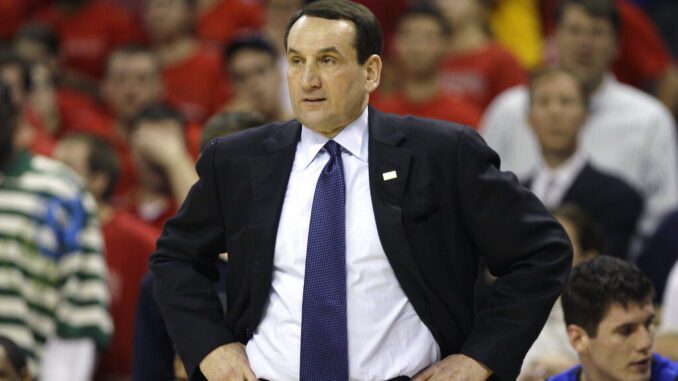
Americans should celebrate failure more in America, not fear it. Failure means a person is at least trying to do something positive. Failure is the best way to learn how to succeed in the future.
In a world today full of participation trophies, a lowering of academic standards and universal acceptance of mediocrity, a clear recognition of the value of failure and mistakes is a much-needed commodity.
Tom Jensen talks nearby about his admiration for the Saint Peter’s baseball team, not for their winning ways like their basketball team this season but for their perseverance in the face of losing repeatedly. The Fighting Baseball Peacocks offer us almost a biblical lesson in recognition of the vital role defeat plays in our free society.
America is perhaps the best country in the world to embrace failure. Our bankruptcy laws are lenient compared to other countries and times past. No one goes to debtor’s prison anymore ― many times, a business continues under Chapter 13 of the Bankruptcy Code; reorganizes and refinances its operations and then comes out the other side fully operational again. We have insurance and a social safety net that helps cover us in time of need.
Our educational system has multiple redundant levels of education for anyone who wants to take advantage of it. Our public education system was designed to help develop an educated voting populace since leaders from Thomas Jefferson to Abraham Lincoln recognized that a participatory democratic republic could not survive very long without voters who understand the basic underpinnings of western civilization and freedom.
America is not doing anyone any favor by accepting mediocrity in education, vocational pursuits or personal behavior. With today’s technology, remote learning access and ability to tailor specific programs to each student, there is no reason to push students along to the next grade without making sure they are proficient at grade level and can perform basic functions of math and English.
Dean Smith had a rule for his Tar Heel teams when it came to learning from mistakes on the basketball court ― “Recognize it. Admit it. Learn from it. Forget it” ― and move on to the next play.
“Learn from it” is the operative phrase in Dean Smith’s axiom. If a player never learned what he was doing wrong, he would wind up on the bench and never get to play in games.
Duke was pummeled in the first round of the 1983 ACC basketball tournament 109-66 by Ralph Sampson and the Virginia Cavaliers. John Feinstein reported in the Washington Post “early the next morning, sitting in a Denny’s at 3:00 am with his coaches, Krzyzewski heard Duke Sports Information Director Tom Mickle raise a glass of water and say, “Here’s to forgetting about tonight.”
Krzyzewski picked up his glass and said, “Here’s to never [expletive] forgetting about tonight.”
Both legendary coaches learned from their failures and mistakes. Neither settled for being “mediocre” or “fair and equal” to the rest of the ACC or NCAA ― they demanded excellence, sacrifice and discipline from their players so they could bring home national titles, not participation trophies.
The greatest impediment to success is the fear of failure, not the actual failure itself. Many high-powered, high-achieving people shy away from a new venture simply because they don’t want to lose. I see it every day as I try to recruit great people to run for public office. Many have never lost at anything really in the game of life compared to many from displaced and difficult backgrounds and homes. The thought of running for public office to help correct many of the ills that face us without knowing for sure they are going to win is just too much for many of them.
Each of us can help by congratulating and consoling our friends, family and colleagues when they take a chance and fail at something. There should not be a stigma attached to failing at anything.
There should be much more of a stigma attached to not trying. After all, one can’t fail if they don’t even try. That is the worst mistake most of us make.


